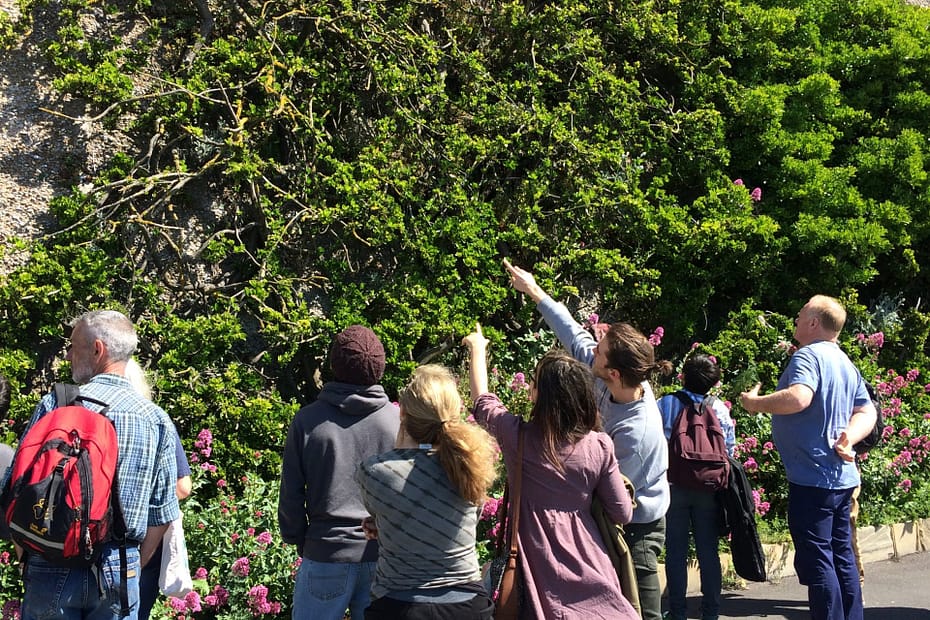Awe is not a new subject. In 1757, Edmund Burke saw nature as ‘sublime’, secularising awe and influencing generations of romantic art.
New work on the science of ‘awe’ shows how the brain is operating to take us out of ourselves, and into a focus on the wider world. Together with previous work on awe by Paul Piff and others, we can now evidence that awe accentuates kindness and altruism, more prosocial behaviour such as generosity, and a feeling of having more time/less impatience. And that awe from nature elicits stronger benefits than awe from built architecture for example.
In fact, a proven happiness practice is an ‘awe walk’. Here at Human Nature we want to bring more nature into the places where people are. Because nature is awesome.
